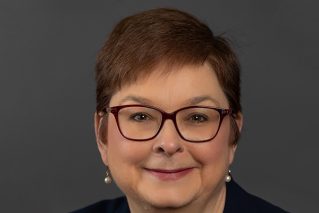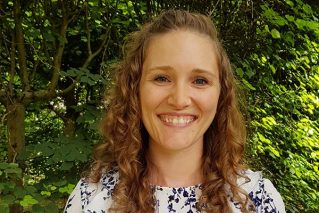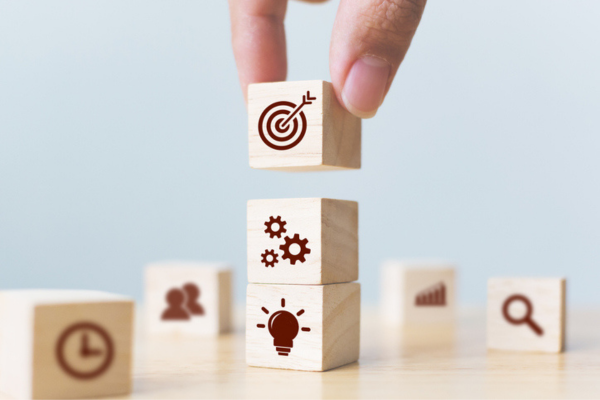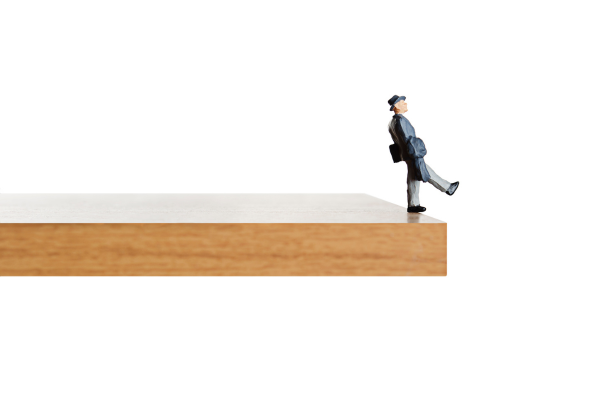"As you have been forced to adapt to the fallout from COVID-19, what have you learned that will benefit you when it passes?"

This crisis reinforces the lessons from past crises, ranging from the oil embargo, stock market crashes, severe storms, and natural disasters. Those lessons include the importance of ensuring sufficient financial reserves to carry you through a six to 12 month period, and ensuring bottled water, food staples, cleaning/personal hygiene supplies, and medications on hand for a period of two to four weeks. It is also good to see the reinforcement of good hygiene.
This crisis also brings new lessons: the importance of maintaining awareness of legislative actions that impact preparedness, and the importance of accurate sources of information. Financial constraints and competition for funding, have strained the agencies that monitor potential crises, enable rapid response, and stock pile supplies to address crises.
We all have a role in maintaining awareness of how legislative budgets are balancing the competing needs and providing feedback to legislators on those programs that are critical to maintain preparedness, especially in light of the globalized markets. The information explosion has created channels for information that has not been fully vetted with a consequence that partial information and speculation/opinion is sometimes expressed as fact. Having a solid foundation on the best available knowledge and facts is critical from two perspectives: first, it enables focus on the most probable solutions to the crisis, and second, it does not subvert or misdirect efforts from obtaining resolution of the crisis. - Michael Morello, Retired R&D Director Analytical Sciences: Volatile Flavor Analysis/Global R&D Fellow, PepsiCo

Adaptation has come in many variations. Financially, most certainly, but also there are mental stressors that are not present in other kinds of business interruption such as losing a client or finishing a long-term project. For example, when you finish up a project, you move to the next one. While there may be some weeks of interruption between, eventually there will be a “next one.” From that perspective, the COVID-19 interruption is different – everyone is in minimum safe operations.
Yes, you know eventually, it will restart. But there is no definitive time frame on restart, nor can there be one. It’s a bit maddening: We’re all locked in, and things outside look “normal” but they are not. Remember the kid’s toy “Magic 8-ball” – the one with the floating dice with quippy answers to all of life’s questions? We’re in that now, except when you look into the Magic 8-ball, it’s just ink – no answer to “when will normal start?”
So, the lesson learned is one that has been taught and emphasized before: Patience and perseverance. Patience from the perspective that you simply must have the discipline to not fret about things that you cannot influence, and perseverance from the perspective that it will be back to some version of normal, and it will probably be better than before. As a company, Midwest Chemical Safety prepared long ago for a downturn, even before the shingle went out. But just because you’re prepared for a downturn doesn’t mean you have to like it, but you do have to live through it. -Harry Elston, Midwest Chemical Safety, LLC

a. that most people understand the situation and abide by the suggestions from the government.
b. to enjoy the friendships we've had through work and personal contact. Socialization (face to face) is an important aspect of living. I've noticed that 'zooming' is good but the conversations are different that when you are face to face. Think of this is terms of meetings. - John Pochan, Principal and Co-Founder at Avount Group, LLC

It is reassuring that people will do their part to promote safety and overcome the COVID-19 pandemic. I have learned a greater appreciation for the healthcare providers and the time spent with colleagues, family and friends. Chemists are very fortunate to have ACS and its resources that promote employment, professional development, and the science to help overcome COVID-19. - Mike Appell, Research Chemist, USDA National Center for Agricultural Utilization Research

I’ve learned a lot about really running effective meetings virtually, as I’m sure everyone has. However it was never so important before to use the camera function – and now it makes all the difference. I think my team can truly go “paperless” now too. It’s been eye-opening as well to realize how many small tasks normally get done to keep the plant running, which when attempted by one person vs the team are much less manageable. This should drive new ideas. A final thought – I’m learning a lot about work/life balance and how it’s actually harder when you’re working from home. - Amber S. Hinkle, Vice President, Plant Manager PET Channelview & PO JV NAFTA Operations, Covestro LLC

a. This experience reminds us that science is important when we deal with major problems like this pandemic. The scientific methods are crucial in problem solving, data collection and analysis, statistics, and development of effective diagnostics, therapeutics and vaccines. Thus, the public should support scientific research and STEM education.
b. It is always a good practice to abide by the rules of social etiquette. Thus, even after this pandemic is over, we should still be cautious and courteous to people around us. We should cover our faces when we cough or sneeze. If we do not feel well, we should avoid interacting with people. It is useful to wash our hands often.
c. As the pandemic news raged, I received emails and phone calls from friends and relatives checking up on me. A number of them offered help. I did the same to a few others. I truly appreciated this spirit of mutual help. It was also a good reminder that friendship is valuable and important.
d. Virtual meetings are actually easy to do. Even after the pandemic, I need to consider using them more often.
e. Teleworking can be productive if I set goals every day and avoid distractions. I hope to do the same after the pandemic. - H. N. Cheng, Research Chemist, USDA Southern Regional Research Center

On a professional level, the COVID-19 event has shown me and my wife that we are able to function at our home office as well as in a brick and mortar setting. The main difference is not being able to exchange ideas and questions with other colleagues as quickly.
The use of Virtual Technology to interact has been exciting, efficient and effective. Many meetings have been cancelled (which has shown they may not have necessary in the first place) and some have been replaced with shorter video chats and with bullet point agendas. We have both sharpened our skills in these areas. These new ways to communicate are here to stay!
On a personal level, the COVID-19 event has demonstrated the many ways that we had divided our time and effort outside of work. We did not realize how busy we were running around to various social and entertainment events. We are shopping less (only the essentials) and focusing on items that we truly need, less impulse buying. I think these habits will continue after the crisis is over. I believe we shall have a greater appreciation for what we have. Our faith keeps us strong!
Overall, I believe that our society has seen people coming together more. Charity (individually and socially) is expanding and becoming the norm. Monetary savings will likely increase. The world has seen the importance of science! We have seen that cooperation among academia, industry and government is an effective alliance to solve problems and create new and better procedures and products. All must have a common goal, and then focus their best efforts together. - Rodney Bennett, Winding Trails, LLC

We have re-learned about the precariousness of life and have remembered the wisdom of John Kerry, the former Secretary of State, who famously said during his tour in the Vietnam war, ‘every day is extra’. Typical for humans, we take things for granted, and only when we are deprived of something (be it health, freedom, security, or the death of a love one) we realize how important these things were for our physical and mental health. I expect us to become more appreciative of the little things in life. We appreciate now more the beauty of nature, from the flowers blossoming in the garden to the bird singing (louder?) outside the window. We’ve also learned to appreciate our family, friends, and colleagues more as we find ways to work together and build stronger communities even though we are physically distanced.
We have seen people around the world build resiliency which allows them to demonstrate their superpowers. In our field, tremendous innovation of products and work processes are already happening. Small teams that take ownership of a problem, and are given the resources and stakeholder support to resolve it, are being extremely effective. We’ve seen that inclusion provides a strong foundation that enables innovation and agility, and that won’t pass once we’ve beaten the virus. - Al Ribes, Human Resources Global Metrics Lead, The Dow Chemical Company
The opinions expressed in this article are the author's own and do not necessarily reflect the view of their employer or the American Chemical Society.
Copyright 2022 American Chemical Society (All Rights Reserved)










